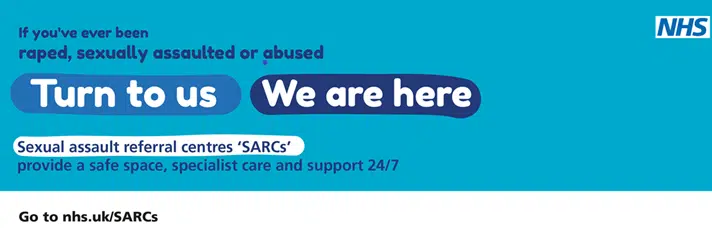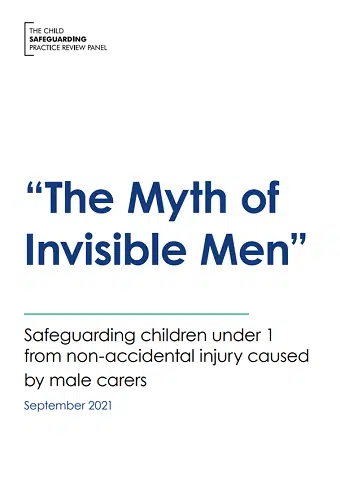NHS pledges more support for victims and survivors of sexual assault and abuse alongside powerful awareness campaign
Victims and survivors of sexual and domestic abuse are being encouraged to come forward for NHS help and care, as part of a major campaign backed by a £20 million boost to specialist services.
The new campaign comes as a survey of more than 4000 people across the country, conducted by Censuswide, found that two in five people aren’t sure, or do not know where to get help after being sexually assaulted, with 72% unaware there are NHS specialist sexual assault services who can offer confidential support.
The campaign, which is championed by former Prime Minister Theresa May and the Duchess of Cornwall will raise awareness of the specialist support offered at dozens of sexual assault referral centres (SARCs). They offer 24/7 confidential specialist, practical, medical, and emotional support to anyone who has been raped, sexually assaulted, or abused – regardless of when the incident happened.
The SARCs campaign is backed by Ruth May, Chief Nursing Officer for England and is being promoted by NHS Safeguarding via the national safeguarding networks. A campaign film has been produced alongside a powerful animation which addresses the common questions and concerns many people face after experiencing sexual assault, abuse, or rape, including not knowing who or where to turn.
Georgina Mayes, Policy and Quality Lead at iHV, commented:
“Health visitors, through their universal reach into all families, are well placed to identify and support people who have been sexually assaulted or abused. The iHV urges all health visitors to familiarise themselves with the SARC resources and would value their support with raising awareness of this campaign.”
Further resources:
- More information on what help is available after rape, sexual assault or abuse can be found at nhs.uk/SARCs.
- Health visitors can find their nearest SARC via the directory.
- More information on how to recognise the signs of domestic violence and abuse, and where to get help, can be found on the UK website.
- Further information about the Censuswide survey can be found here.
- The NHS Pledge and further campaign information can be found here.
- Campaign resources can be found here.





